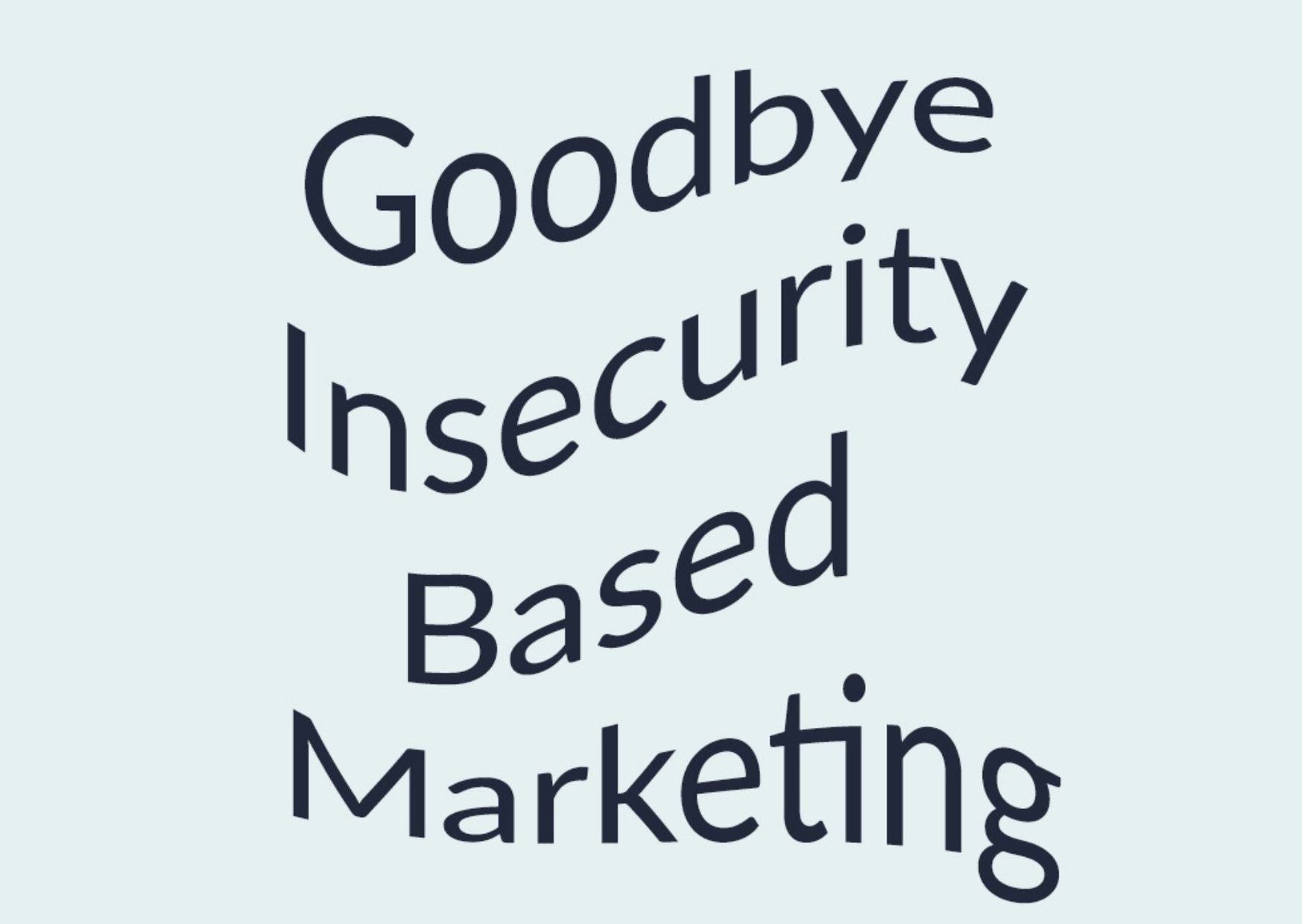
Why We're Anti-Airbrushing and Pro-Ethical Marketing

According to a 2020 study conducted by the Women and Equalities Committee, 61% of all adults feel negatively towards their bodies. Whilst the circulation of flawless, ‘bikini ready’ bodies of models and celebrities are not always real, this false reality exacerbates many peoples’ existing anxieties.
What is Airbrushing?
The process of airbrushing refers to retouching a photograph, by superficially ‘improving’ the reality of the image. Airbrushed images often change the shapes of bodies, whilst also altering skin tones and removing wrinkles, stretch marks and cellulite. This can result in insecurities and people having unrealistic expectations of themselves.

Why is it dangerous?
Actress and activist, Jameela Jamil, has famously referred to airbrushing as a ‘crime against women and should be illegal’. Here are 3 reasons why we agree with her…
Rise in eating disorders
- It is estimated that over 1.6 million people in the UK are affected by an eating disorder, with the more common condition of anorexia first developing amongst 16-17 year old girls.
- The more edited images that are shared, the more impressionable young people who believe that this reality is expected of them, leading to further eating disorders and body insecurities.
Desire for plastic surgery
- Similar to airbrushing, the use of the filtered selfie has directly contributed to a surge in cosmetic procedures, especially amongst young women..
- We believe that everyone should be able to do what they wish with their bodies, and feel as confident as they can. However, the rise of cosmetic surgery is worrying as we don’t want anyone to feel or be pressured into it due to the unrealistic expectations set by influencers and the fashion industry.
- Models of colour, including Jameela Jamil, have had photographs ‘whitewashed’ by photo editors.
- The process of whitewashing includes lightening skin tones and changing body features, such as noses, in order to fit western beauty ideals - making people of colour feel they are not ‘good enough’ in their own skin.
Our Ethical Marketing Commitments
At Y.O.U Underwear, ethical marketing remains at the core of our values, which is why we promise to never edit or airbrush our images. In our past photoshoots, we’ve featured people aged 18 to 80 and sizes 8 to 18 - many of whom are our IRL family and friends! We’re always working to ensure that our imagery is as representative as possible and we recently signed The Ethical Move pledge against unethical marketing.

We’re so over reading articles titled ‘Get your body bikini ready’. We believe that everyone’s body is ‘bikini ready’ - we just have to put a bikini on!
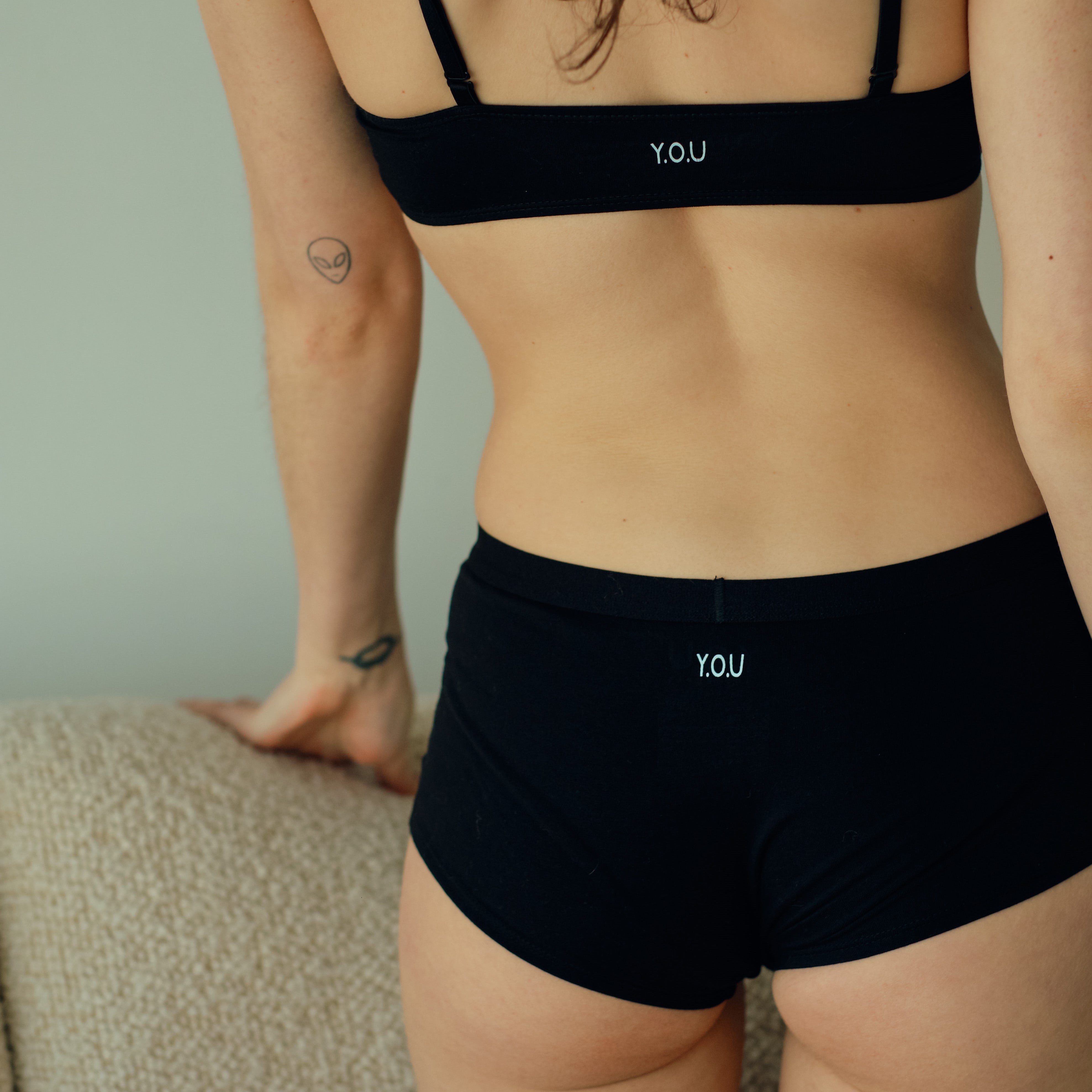
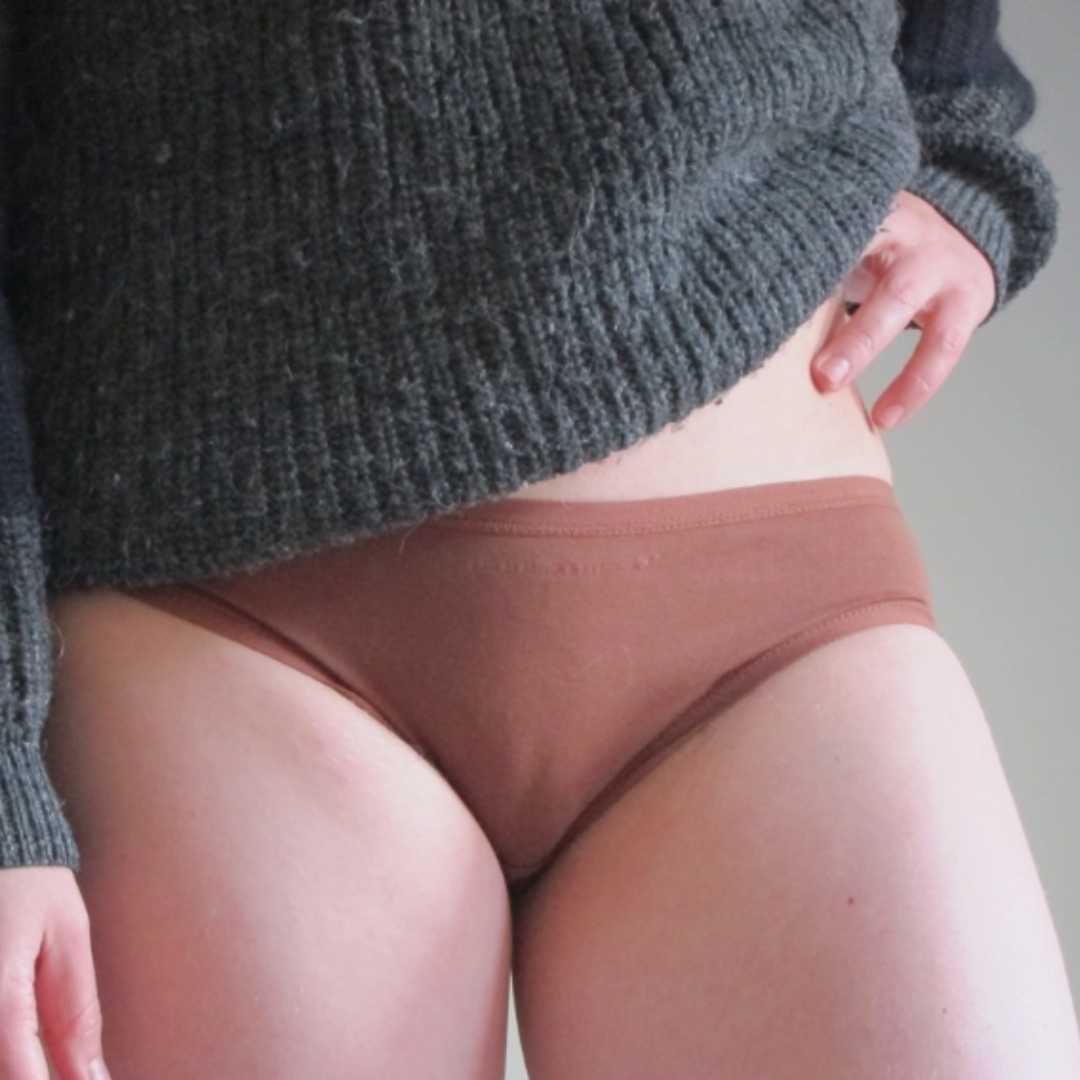
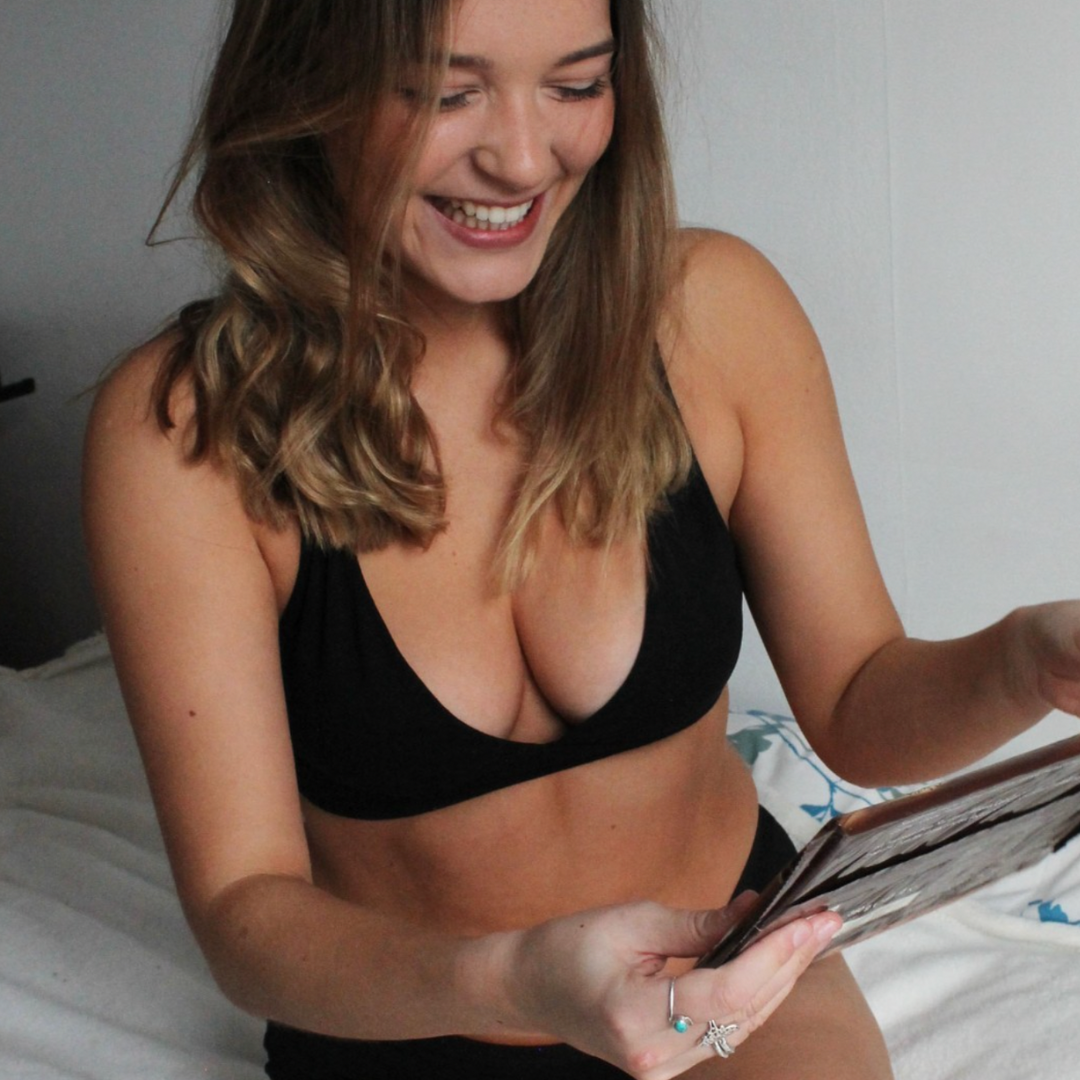
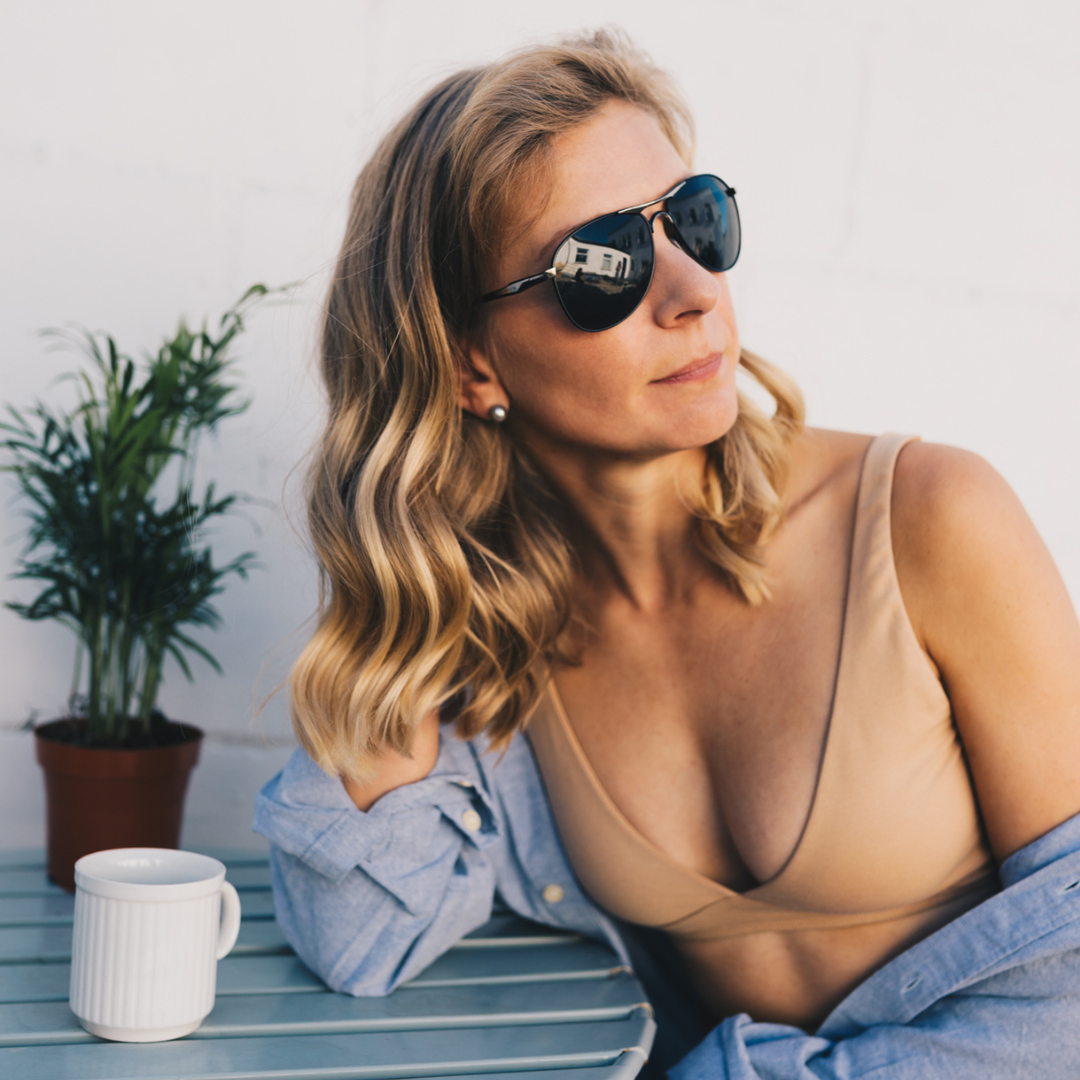
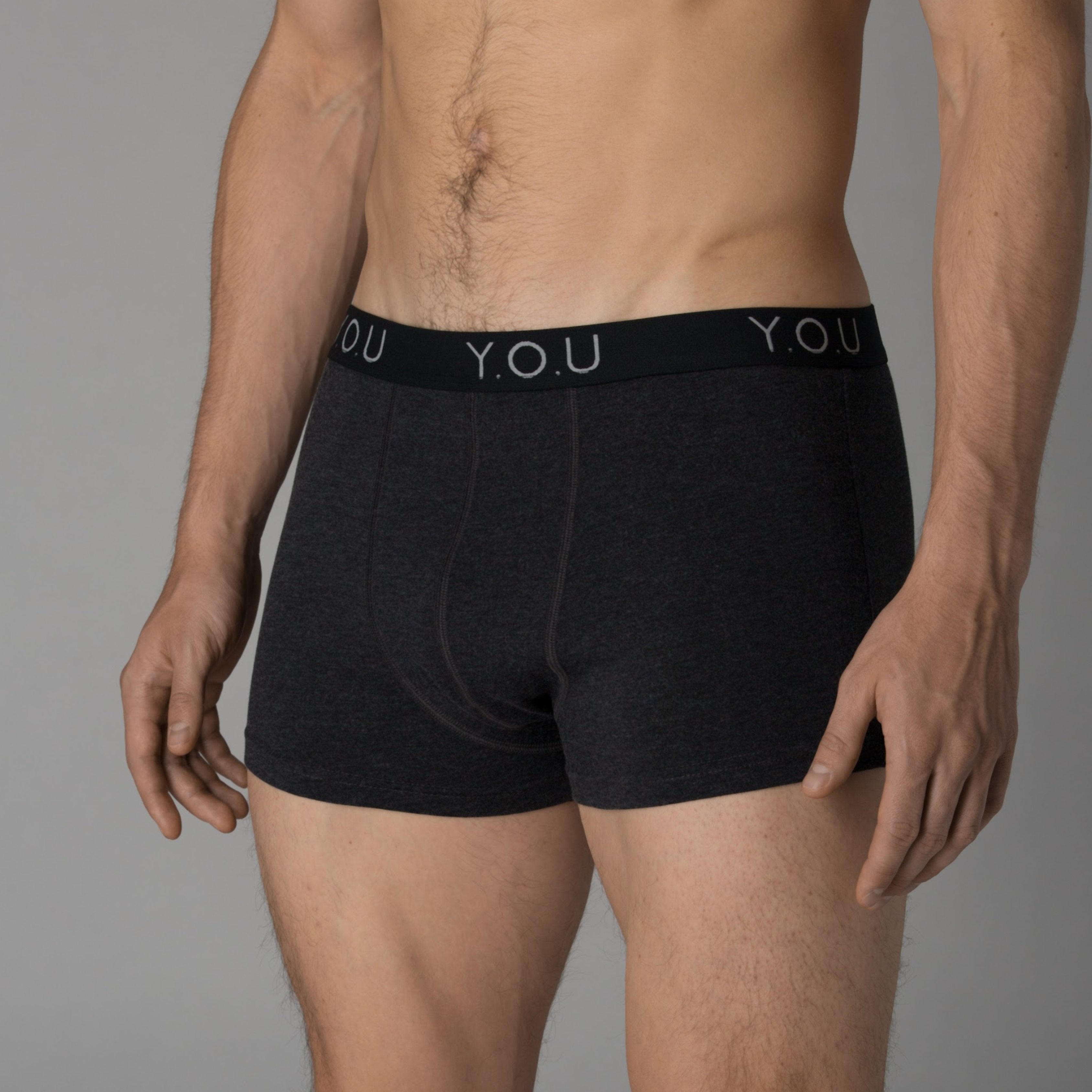
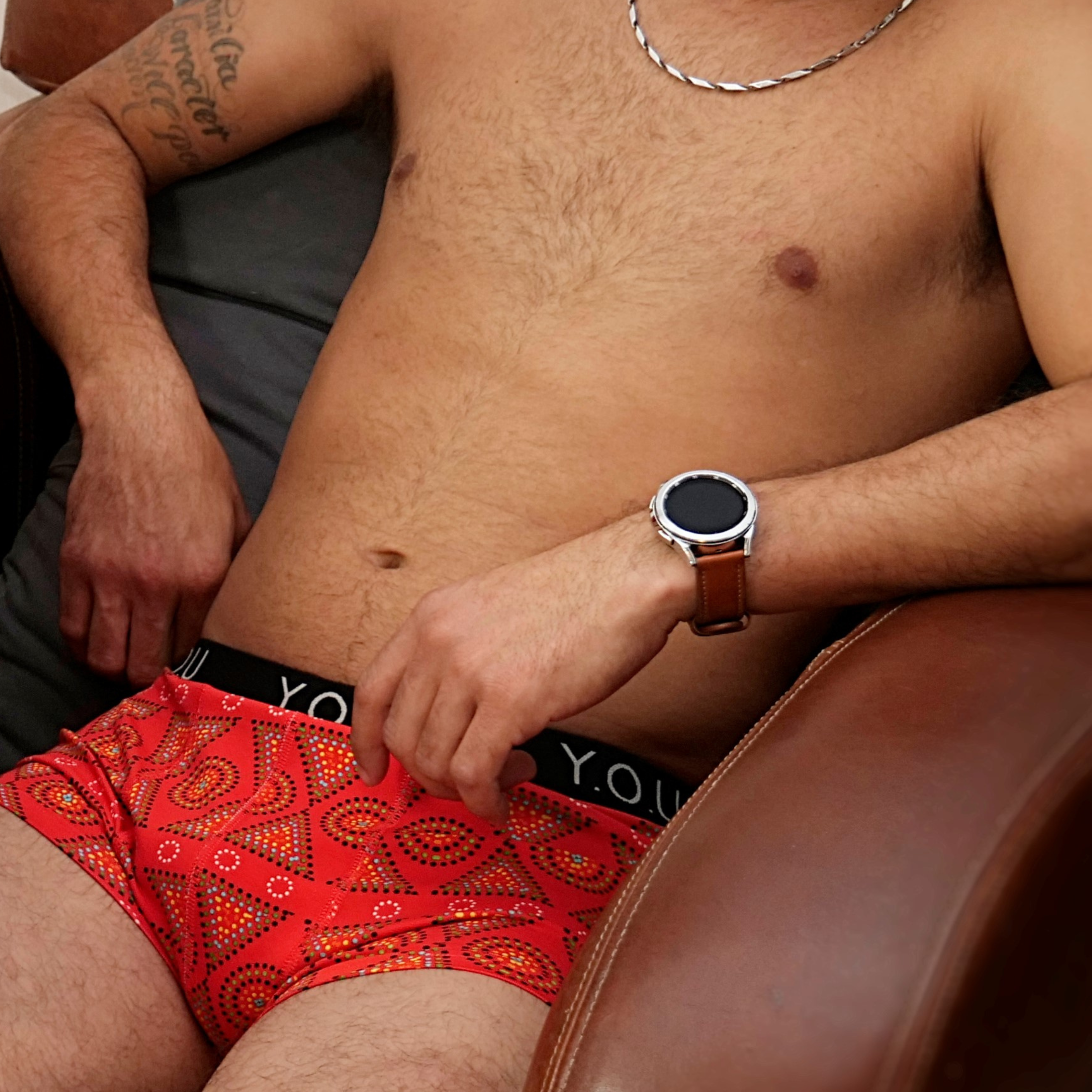
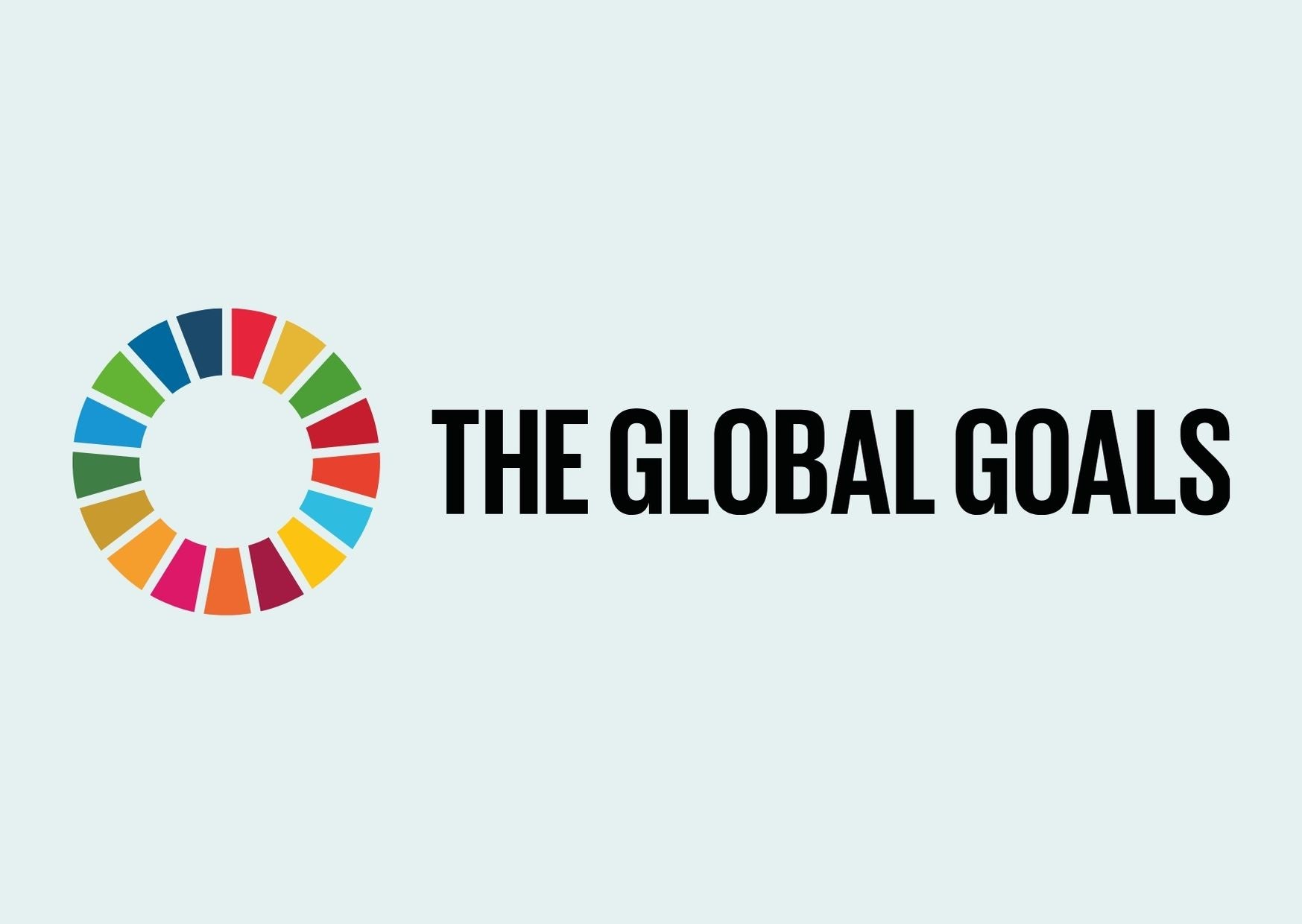
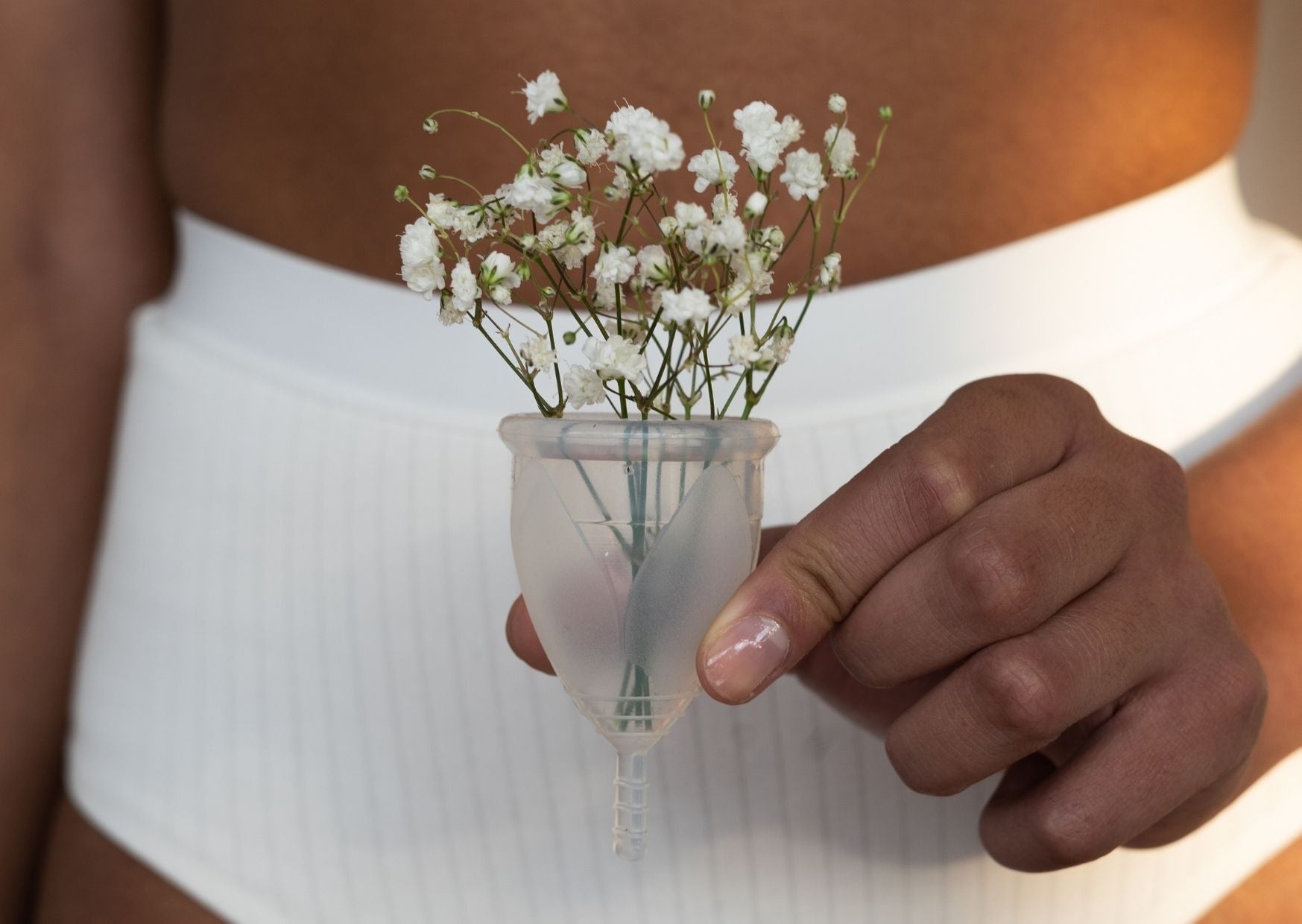

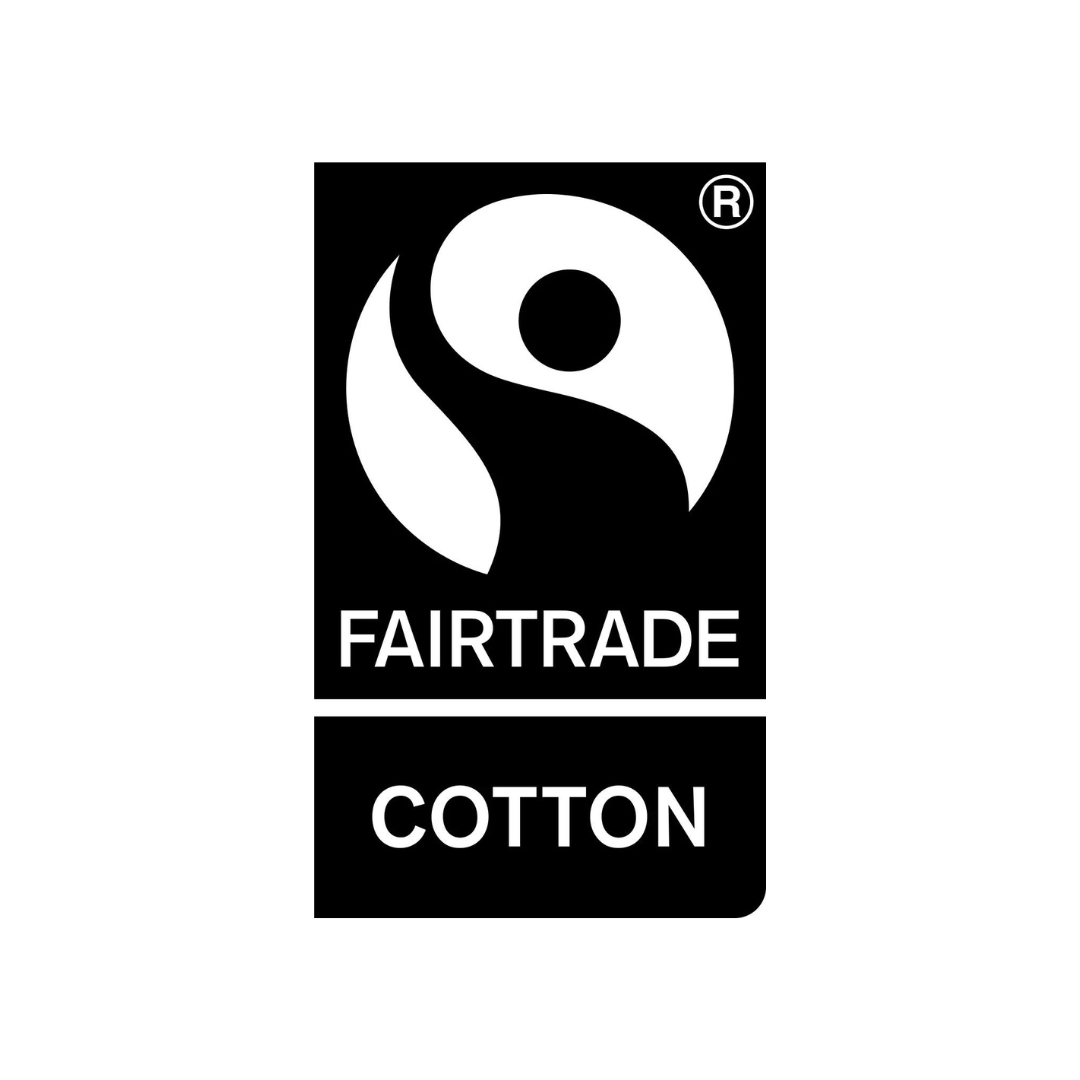
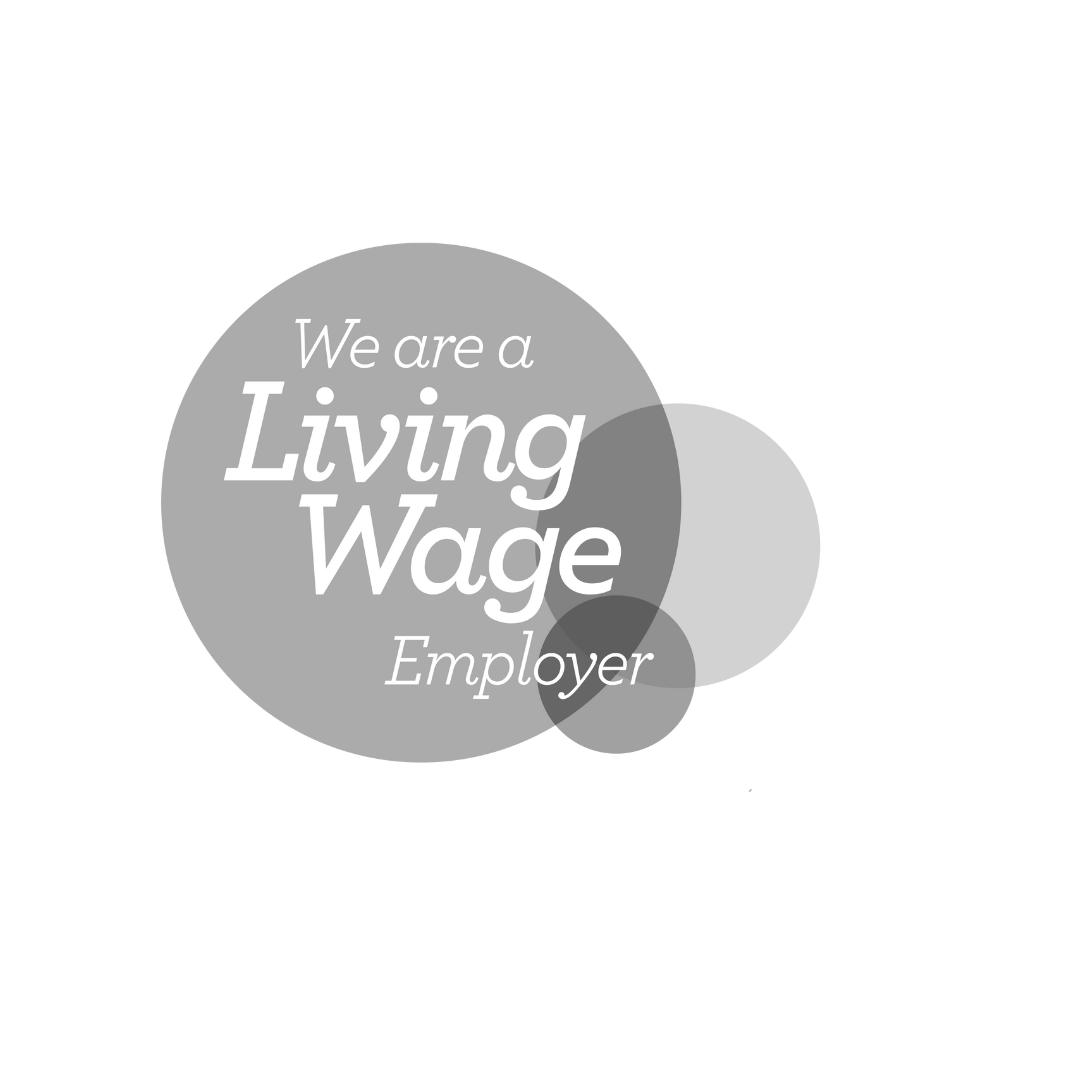


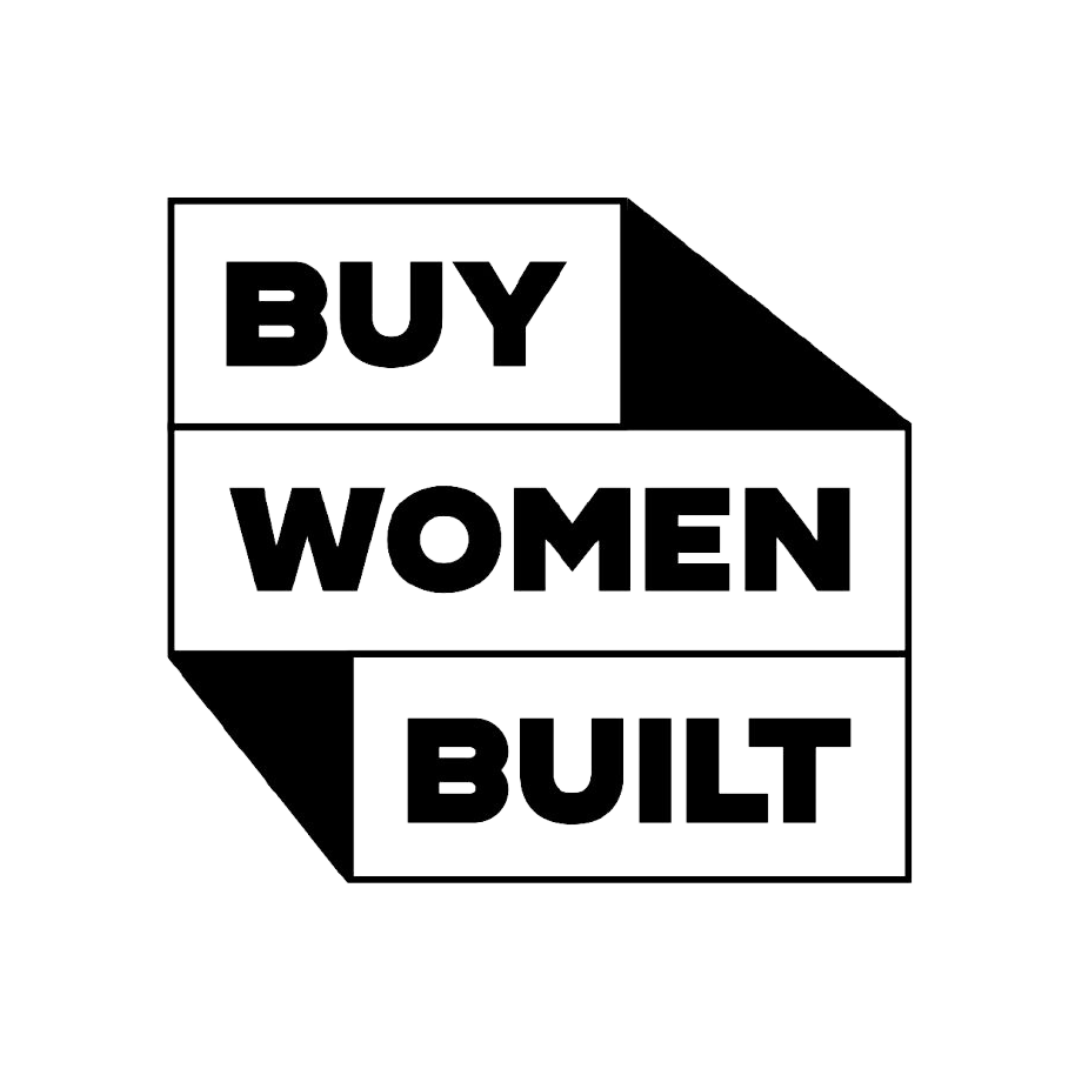
Leave a comment
This site is protected by hCaptcha and the hCaptcha Privacy Policy and Terms of Service apply.